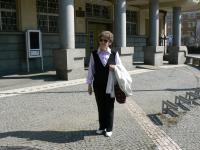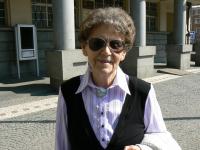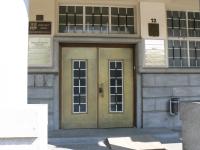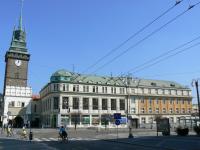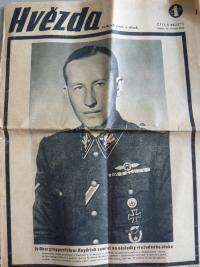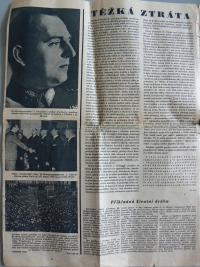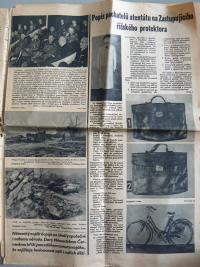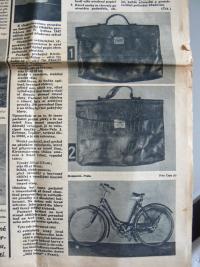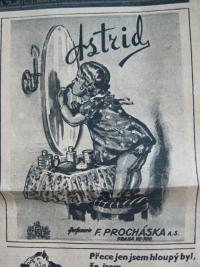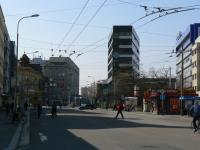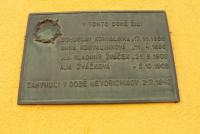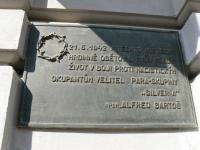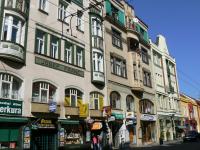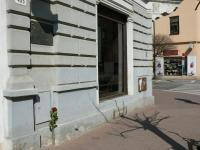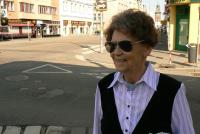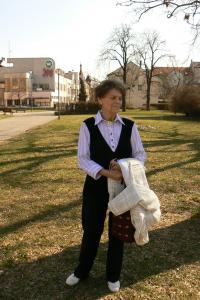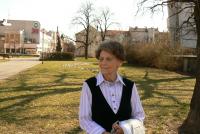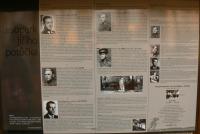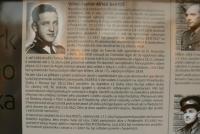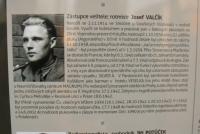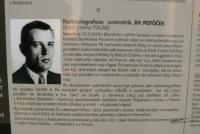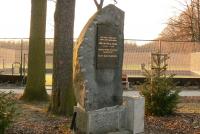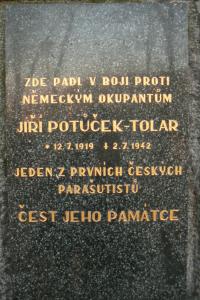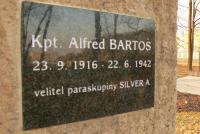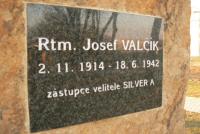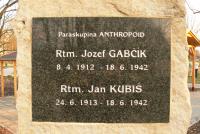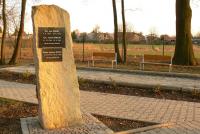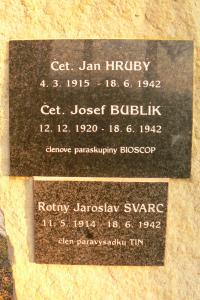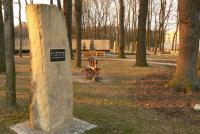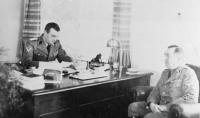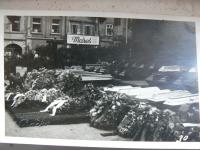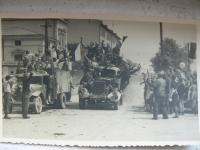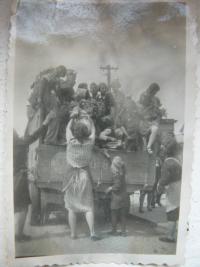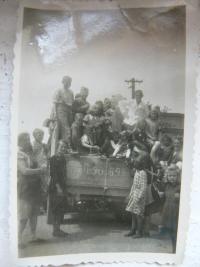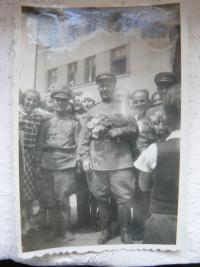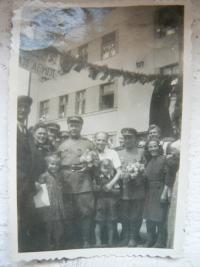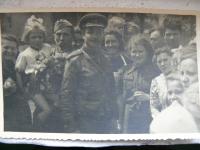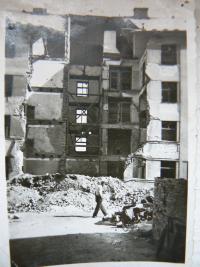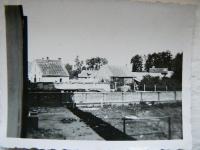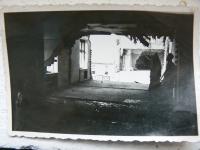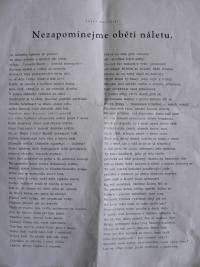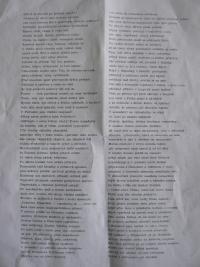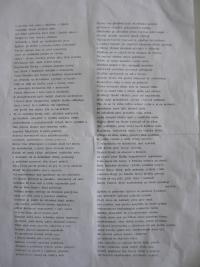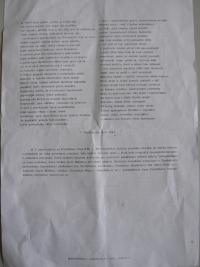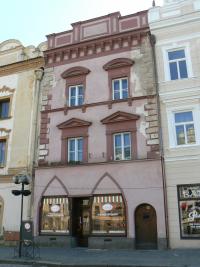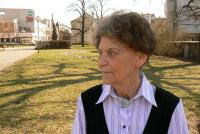Every betrayal has to be punished

Stáhnout obrázek
Anna Štichauerová was born on May 14, 1935, in Pardubice. Her mother was a housewife and her father worked in a factory in Pardubice which produced coffee substitutes. After the German occupation of Pardubice, Anna was run over by an army car and spent two years in a hospital. Luckily, the amputation of her leg was not necessary in the end. They lived in a guesthouse called the „Guesthouse by the Green Tree“. The owner, a former naval officer, turned what had originally been stables into flats. The two Gestapo members who were implicated in the burning of the village of Ležáky, often came to see him. In her account of the events she witnessed, Anna mentions stories of people who helped a group of paratroopers code-named Silver A. She also recalls a story from the year 1944, when Pardubice became the target of three air raids by the Anglo-American Air Force. The purpose of the raids was to destroy a local mineral oil refinery and the local airport. Anna finished primary school after the war and then a nursing school. In 1954, she started working as a nurse. She retired in 1990. Later on in her life - in 1997 - she enrolled for a guiding course and since then she has worked as a tour guide in the chateau of Pardubice.
